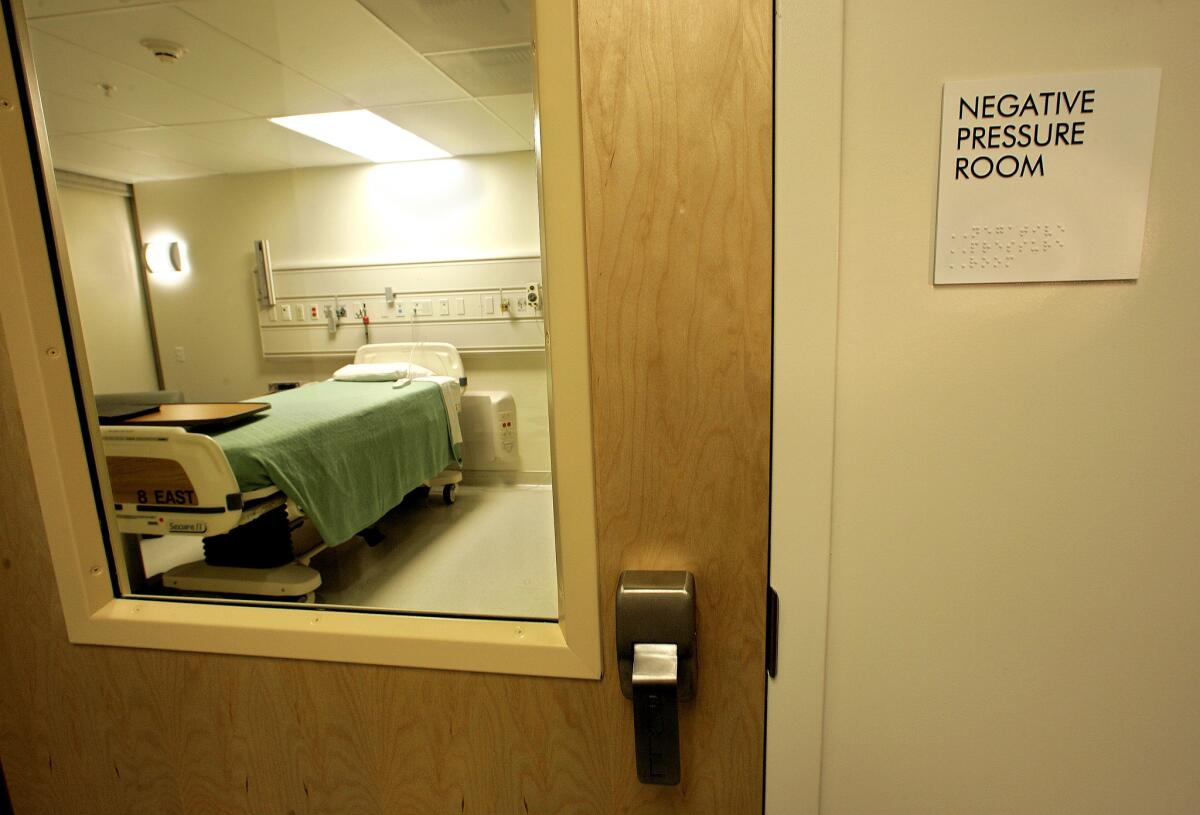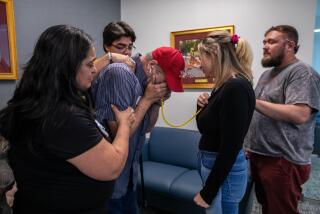We shouldn’t treat kidneys as commodities

- Share via
Tens of thousands of Americans are waiting for a kidney transplant. The gap between the demand for donated kidneys and the supply creates a situation that free-market cheerleaders can’t bear to leave alone: People have two kidneys, so why not end our shortage of organs for transplantation by adopting a “cash for kidneys” program in place of the current law against organ sales? Gary Becker, a Nobel laureate in economics, calculated that putting a $15,000 price tag on donated kidneys would generate enough sellers to meet current needs.
But buying and selling organs is a dangerous and misguided game, no matter how exalted the theorists playing it or how seemingly straightforward their calculations.
Over the past six decades, hundreds of thousands of transplants have been performed with organs from living donors who acted out of a sense of common humanity or love for a relative or close friend. The meticulous screening process for living donors in the United States aims to ensure that they are mentally and physically well suited to donate.
The process looks in great detail into a donor’s medical history to rule out, say, a brush with cancer or high-risk behavior that would pose a risk to the organ recipient. In countries in the developing world where donors have been paid for their kidneys, the outcome for the transplant recipients is worse than in the U.S., because when monetary gain replaces altruism as the motive for donation, medically critical information may be withheld.
The harm to patients who receive purchased organs is more than matched by the harm that befalls those who sell them. Encouraged by the World Health Organization and the medical groups that participated in the 2008 Istanbul summit on organ trafficking, many countries have taken vigorous steps to put an end to this trade, which consistently preys on the poor and the most vulnerable. Interviews with paid donors in countries as far afield as Moldova, Pakistan and the Philippines have shown that people who sell their organs to overcome monetary difficulties typically find themselves back in the same financial straits — and worse off healthwise.
To get around this sort of exploitation, some pro-market advocates have suggested replacing cash with financial incentives that might hold less appeal for the very poor, such as a deposit in a retirement or college tuition account. Yet tying something as basic as education or a secure retirement to one’s willingness to part with a kidney, in a surgical procedure that is generally safe but painful and not free of risk, is repugnant.
Moreover, it has been shown time and again that paid donation does not add to the organ supply; it merely replaces unpaid donation. Conversely, the numbers of both deceased and living related donors rose dramatically in Israel after it stopped paying for its citizens to go to countries where they could get transplants with purchased kidneys.
The phenomenon of “crowding out” arises whenever an easier source of organs becomes available. For example, when attempts were made to increase the kidney supply for children in the United States by giving them more access to kidneys from deceased donors, parental donations fell, leaving the net supply to children unchanged but fewer kidneys available to adults.
Addressing the organ shortfall in donors won’t be easy, but there are steps that can be taken within our current legal framework. We should reimburse donors’ costs for travel, lost wages, medical tests and related expenses incurred during screening and when recovering from the donation. These can amount to thousands of dollars and pose a barrier for anyone who wants to help a relative or friend by donating an organ.
Other helpful steps to increase donation include extending to a national level the highly successful living-donor exchange programs for recipients and donors who are biologically incompatible, and in general, helping all transplant programs adopt the practices of the most productive and successful ones.
Turning organs into a financial commodity would undermine the safety and efficacy of the system now in place and would not necessarily increase the supply. The United States has served as a model for ethical organ transplantation, and abandoning our long-standing prohibition on buying organs would lead us into an ethical minefield with negative repercussions the world over.
Alexander M. Capron is a professor at the Gould School of Law and the Keck School of Medicine at USC and co-director of the Pacific Center for Health Policy and Ethics. Dr. Gabriel Danovitch is a professor at the David Geffen School of Medicine at UCLA and the medical director of the Ronald Reagan Medical Center kidney and pancreas transplant program.
More to Read
A cure for the common opinion
Get thought-provoking perspectives with our weekly newsletter.
You may occasionally receive promotional content from the Los Angeles Times.










